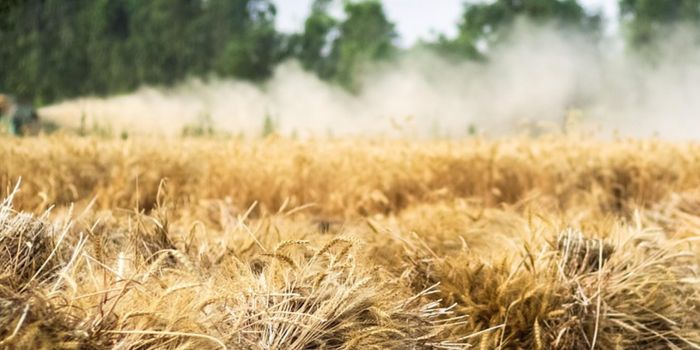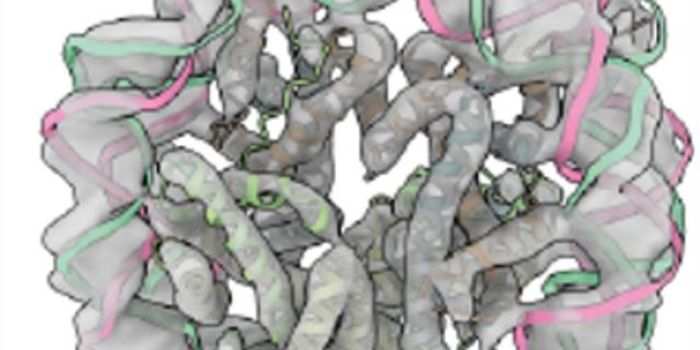3D-printing new biocompatible biosensors
New 3D-printed bioinks developed by Purdue University and Los Alamos National Laboratory could improve surgical procedures by providing biocompatible biosensors that permit the simultaneous recording and imaging of tissues and organs. A study reporting these findings has been published in Nature Communications.
"The ink used in the biosensors is biocompatible and provides a user-friendly design with excellent workable time frames of more than one day," said Kwan-Soo Lee, of the Los Alamos' Chemical Diagnostics and Engineering group.
Assistant Professor Chi Hwan Lee adds that the new biosensors “could be useful during heart surgery in localizing critical regions and guiding surgical interventions such as a procedure for restoring normal heart rhythms."
Associate Professor of Biomedical Engineering at Purdue University Craig Goergen notes that in vivo testing in both mice and pigs did not impair cardiac function and was able to measure an electrical signal with precision.
The 3D-printed bio-ink sensors, while flexible and stretchy, can maintain their shape without degrading. They also are naturally adhesive to tissues and the surfaces of organs. "Silicone materials are liquid and flow like honey, which is why it is very challenging to 3D-print without sagging and flowing issues during printing," Kwan-Soo Lee said. "It is very exciting to have found a way to create printed inks that do not have any shape deformation during the curing process."
Sources: Nature Communications, Science Daily









